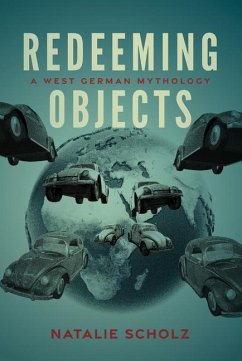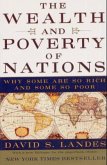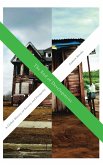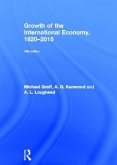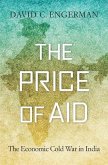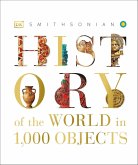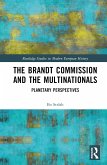Redeeming Objects traces the afterlives of things. Out of the rubble of World War II and the Holocaust, the Federal Republic of Germany emerged, and with it a foundational myth of the "economic miracle." In this narrative, a new mass consumer society based on the production, export, and consumption of goods would redeem West Germany from its Nazi past and drive its rebirth as a truly modern nation. Turning this narrative on its head, Natalie Scholz shows that West Germany's consumerist ideology took shape through the reinvention of commodities previously tied to Nazism into symbols of Germany's modernity, economic supremacy, and international prestige. Postwar advertising, film, and print culture sought to divest mass-produced goods-such as the Volkswagen and modern interiors-of their fascist legacies. But Scholz demonstrates that postwar representations were saturated with unacknowledged references to the Nazi past. Drawing on a vast array of popular and highbrow publications and films, Redeeming Objects adds a new perspective to debates about postwar reconstruction, memory, and consumerism.

